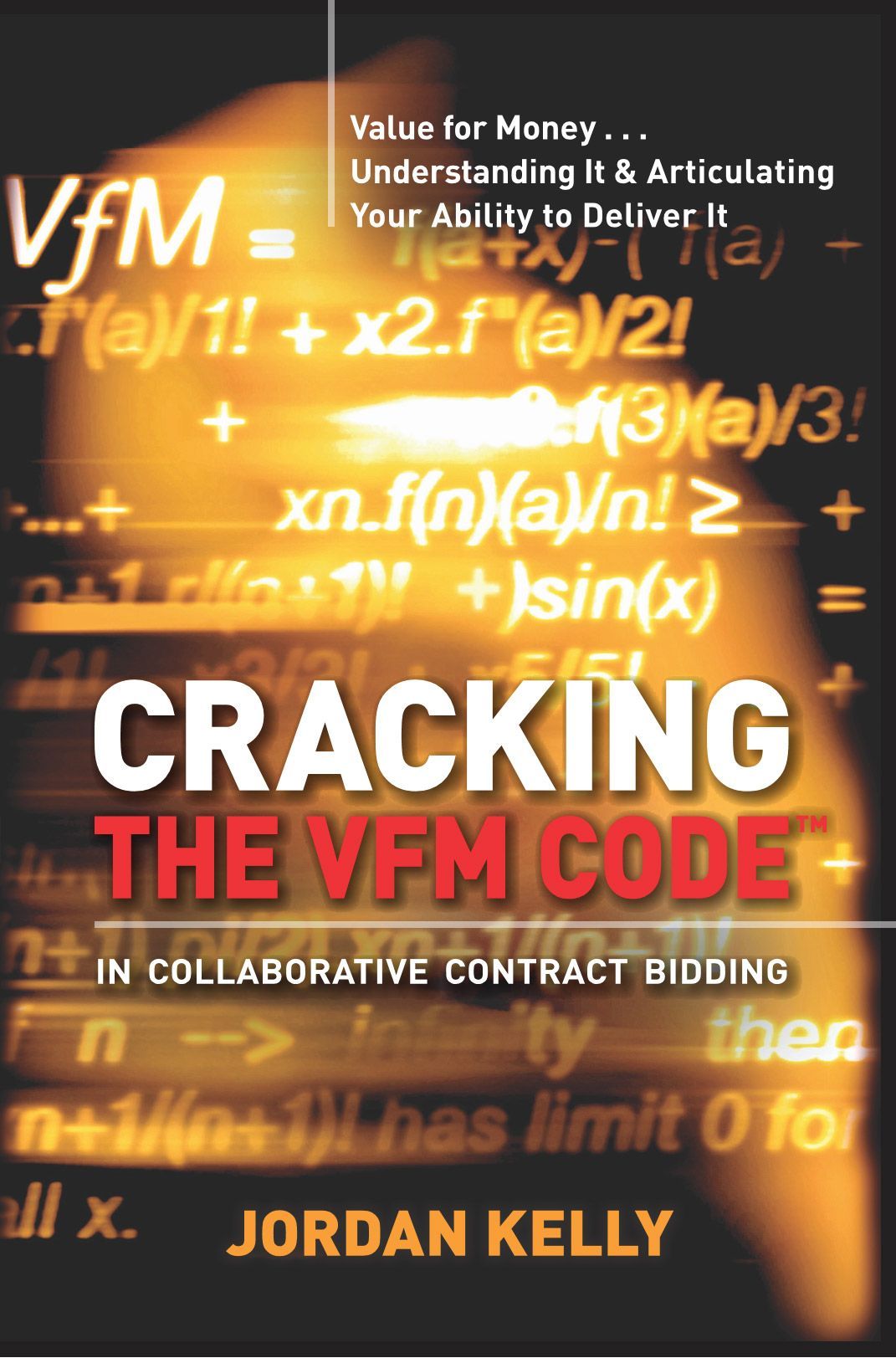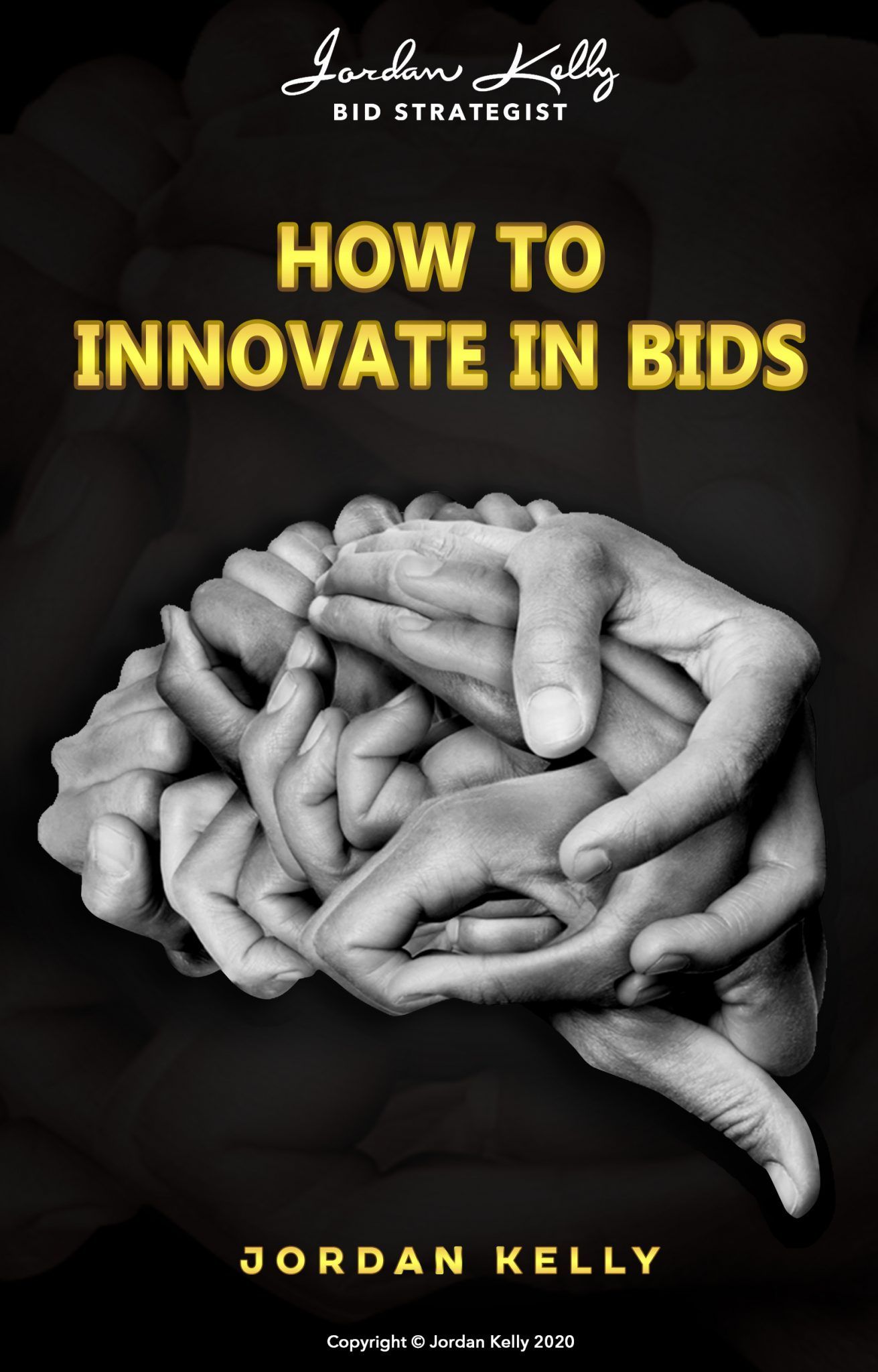CATEGORIES:

In a challenge workshop I held recently for a meeting of the senior marketing and sales personnel of a multi-national in the broader infrastructure and engineering space, I was told (I’m paraphrasing):
“We struggle with converting client needs into end benefits. We’re good at communicating features, but not extrapolating these into project-relevant end-benefits.”
Now, notwithstanding that the industry in question requires substantial use of technical specifications and other feature-related detail in submissions to its client audiences, the workshop participant that voiced that general concern was right on the money. These features still need to be converted to actual “benefits”.
There’s a simple exercise for arriving at the benefits of a feature, without losing the necessary details of that feature, as required for the satisfaction of the client-side’s technical evaluators.
Here’s the basic version:
Throw up three columns onto your whiteboard.
Head up the left-hand column, “Feature” – and articulate the key elements of the feature.
Head up the middle column, “Relevance to Which Specific Project Objective?”.
Head up the third column, “How It Helps to Achieve That Objective”.
Again, this is just the basic version; more extrapolations are required to take this all the way through to any form of “win theme” contribution. But it’s a great start.
HOW TO INNOVATE IN BIDS
(Training Program)
This program is for bidders who want to take "innovation" past a vague buzzword.
While I draw heavily on the deep insights provided by my work on major civil infrastructure bids, this training is of equal applicability and value to any B2B or B2G sector.
CRACKING THE VfM CODE IN COLLABORATIVE CONTRACT BIDDING
VfM . . . Understanding It & Articulating Your Ability to Deliver It

(Book)
Written specifically for civil infrastructure bidders, this book focuses on the core tenet of project alliancing and other forms of collaborative contracting i.e. VfM.
It's also especially relevant to the newer "Market-Led Proposal (MLP)" form of contract, introduced in recent years.



